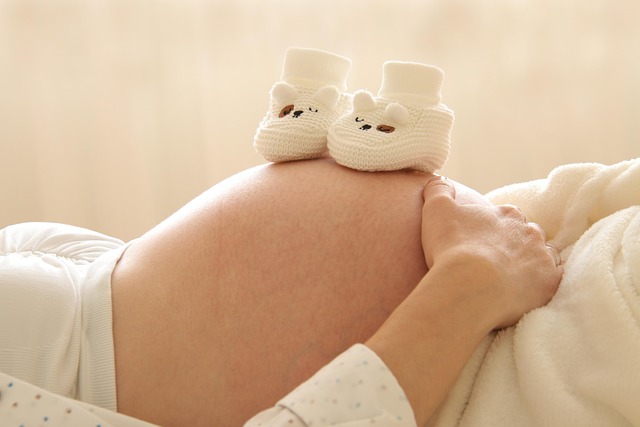Hey there! Let’s chat about something super important: fertility preservation. If you’re in your 20s or 30s and thinking about the future, this could really be a game changer for you. As we age, our fertility potential tends to decline, and preserving your eggs can keep those options open for later when you might feel ready to start a family.
Our center is a top choice for fertility preservation, attracting people from all over the globe. With our experience, we’ve seen fantastic success rates, and we want to share what makes our program so valuable for women.
Understanding Age and Fertility
It’s no secret that fertility is at its peak when you’re younger, especially in your 20s and early 30s. Once you hit 32, your chances start to slip, with a noticeable decline by age 38. By 44, natural conception becomes pretty rare.
Did you know that women are born with about a million eggs? That number drops to around 300,000 by age 13 and dwindles to just a few thousand by age 40. When menopause rolls around, there are hardly any eggs left!
Not only do the quantity of eggs decrease, but their quality does too. Quality is essential because it determines how likely an egg is to develop into a healthy embryo. As we age, the chances of having embryos with chromosomal issues increase—these can lead to infertility or even complications like Down syndrome.
However, fertility preservation can significantly lower the risks associated with these age-related declines in fertility.
The Process of Fertility Preservation
So, what does it take to preserve your fertility? First up, we stimulate the ovaries using fertility medications to produce multiple eggs. Then, an experienced physician retrieves those eggs using ultrasound guidance and light sedation. Our talented embryologists use a cutting-edge freezing method called vitrification to store those eggs safely.
The number of eggs you should freeze depends on your age. For women under 35, we recommend freezing about 12 eggs, while those aged 35 to 39 should aim for 12 to 20 eggs. If you’re over 40, we suggest freezing 20 or more eggs. Although eggs can stay frozen for long periods, we advise using them within a decade of freezing.
When you’re ready to start a family, the eggs are thawed and fertilized, typically using a technique called intracytoplasmic sperm injection (ICSI) for the best results. This technique helps overcome the challenges that arise from the hardening of the egg’s outer layer during freezing.
Success Rates of Fertility Preservation
While fertility preservation can’t guarantee a pregnancy due to factors like uterine conditions or sperm issues, the success rates are encouraging. Research has shown that egg survival rates after thawing are around 80-90%, meaning most of those eggs are viable. Plus, pregnancy rates from frozen eggs are on par with those from fresh eggs.
Younger women tend to have better outcomes, with over 50% success in those under 30. Even women in their mid-30s can see success rates between 25-35%. For more details on navigating your journey, check out this resource on pregnancy and home insemination, which might offer some additional insights.
In summary, if you’re considering your options for starting a family in the future, fertility preservation is worth thinking about. It can provide you with the flexibility you need to plan your family on your terms.
For more tips on preparing for parenthood, you might find this blog post about setting up the perfect play area helpful too!

